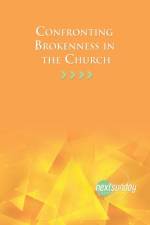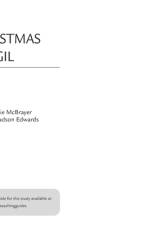av Ronnie McBrayer & Judson Edwards
115,-
On December 17, 1927, the crew of the Navy submarine S-4 trolled beneath the waters of Cape Cod Bay, engaged in routine testing of their vessel. At the same time, the Coast Guard cutter Paulding traveled across the surface. Those traveling on the two craft never saw each other. The submarine broke the surface just in time to receive a death blow from the Paulding. The submarine, with its crew of forty, sank in less than five minutes. It came to rest more than one hundred feet below on the ocean floor.Rescue attempts began at once. Due to inclement weather, it took twenty-four hours for the first diver to descend to the wreckage. As soon as the diver's feet hit the hull, he heard tapping. Survivors were trapped inside. Pounding out Morse code on the hull with a hammer, the diver discovered that six crewmen had survived the collision. With renewed efforts, the rescue crew struggled to reach these men before it was too late. Again, the weather would not cooperate. Every attempt failed. With their air supply dwindling, the six survivors tapped out in Morse code a final haunting question, "Is there any hope?"This provocative question echoes across the craft we call Earth. By our own experience, we agree with the New Testament's words that all of creation groans for renewal and relief. The world hopes for something better. As part of this expectant world, we do the same. We hope for a better future for ourselves, our children, and our families.Hope is the intangible fuel that moves the human spirit along when life appears untenable; when marriages fail; when sickness invades; when we face difficult decisions; or when we encounter inexplicable suffering in our lives and in our world. We need hope to live on this planet the same way we need oxygen in our lungs.In our faith tradition, all hope is fastened to the child we find lying in a Christmas manger. Christians gather in houses of worship and around Advent wreaths to reflect upon the implications of his birth and to anticipate the day when hope will become certainty, when what we can only pray for now will become definite. Advent is a season to remember, but it is also a time to renew our lives of hope in the One born in Bethlehem.






